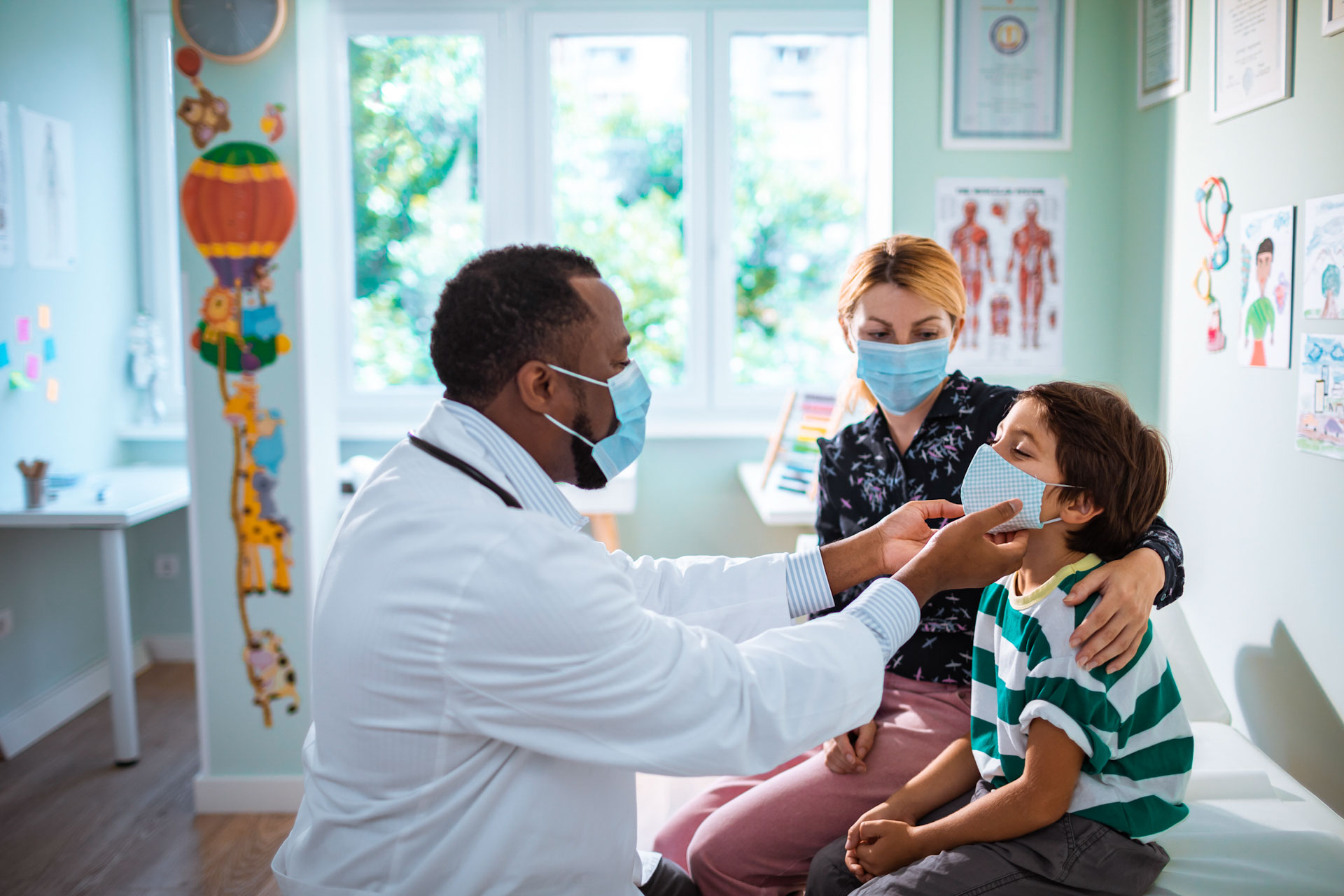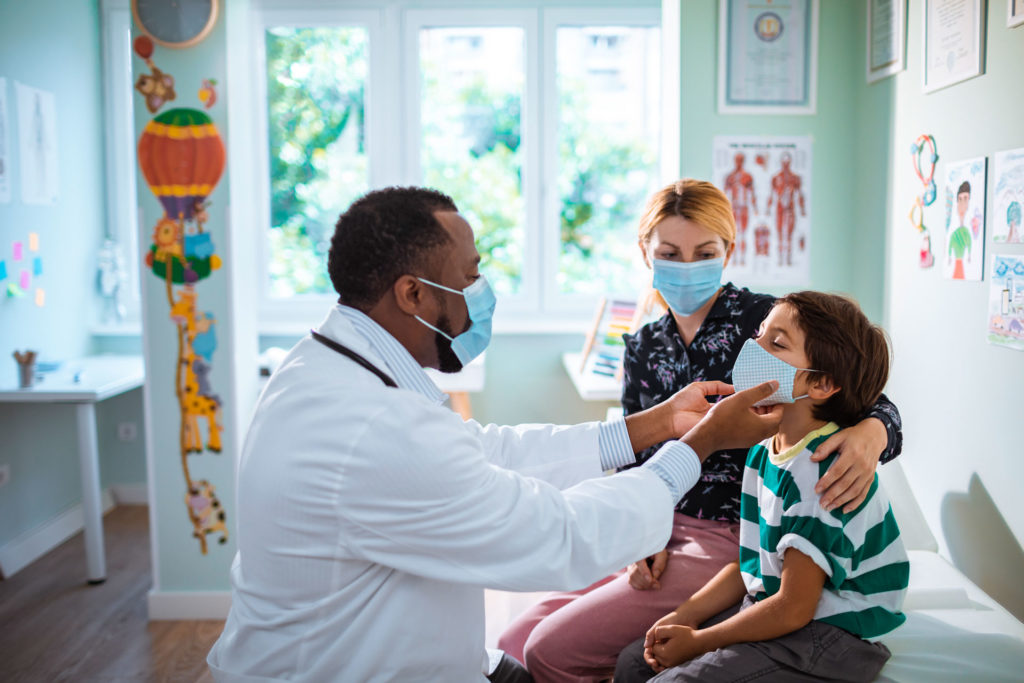With the COVID-19 pandemic still impacting communities across the country, particularly communities of color, the work of community health centers and clinics (CHCs) is more urgent than ever.

Community health centers have worked extremely hard to meet the medical needs of their communities during the COVID-19 pandemic.
A report issued by the Milken Institute of Public Health at the George Washington University and the RCHN Community Health Foundation Research Collaborative documents how health centers immediately rose to meet the immense local challenges of a global public health crisis, by initiating coronavirus testing, conducting more than four million diagnostic tests, and adapting care such as telehealth to address patient needs.
However with visits down overall, continuing site closures, reduced staffing and limited financial relief, the pandemic has taken an enormous financial toll. Cumulative health center patient revenue losses over six months are estimated at $3.364 billion, or nearly 11 percent of total revenue reported nationally in 2019.
Their response to the pandemic once again underscores how critical CHCs are to the social safety net, ensuring that all patients, whether uninsured or underinsured, have access to the care they need to remain healthy. As one of the largest supporters of Federally Qualified Health Centers in California, we knew we had to work with these frontline organizations to meet this crisis.
Together with The California Primary Care Association (CPCA), we have launched the $25 million CPCA COVID Response Loan Fund to provide flexible financing for CHCs responding to and recovering from the COVID-19 pandemic. This effort, however, required a range of partners.
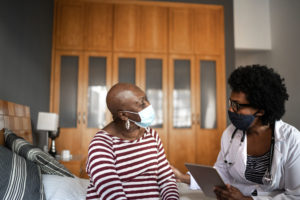
With our partners, we knew that we needed to meet CHCs with financing to help them adapt to new health care service provision.
As part of our series on responses to COVID-19, we recently sat down with one of those organizations, UnitedHealthcare, to ask why they supported this fund, what they are hearing from CHCs statewide in terms of the impacts of the pandemic, challenges CHCs are facing, and what advice they have for preserving community health in the months to come.
● How have you seen the pandemic impact community health centers?
The community health centers have had to pivot quickly from on-site patient visits to virtual care. Virtual visits, while an important part of the solution, are not necessarily practical for all visit types, plus many people do not have access to the technology to engage in virtual visits. As some health centers have begun to re-open with appropriate distancing protocol, many patients are still concerned and some ancillary services, such as dental, have been impacted with the ability to have fewer visits. Along with this is the financial impact from state budget cuts.
● What are some of the biggest challenges you have heard from health care providers?
Reduced revenue as a result of less patients accessing care has been a significant impact of the COVID-19 pandemic, affecting all aspects of the clinics. Keeping patients engaged in routine and preventive care has been difficult, understandably, as they have been hesitant to go to a doctor’s office during the pandemic. This is going to become even more vital as the flu season approaches. Ensuring patients have access to, and are getting, a flu shot is more important this year than ever. Combine that with rapidly adapting practice patterns, securing enough personal protective equipment (PPE) and ensuring their own patient care staff stay safe have been key challenges, as well.
● What outcomes do you hope your investment in this Fund will create?
We are optimistic that these funds will help fill a short-term financial gap and that the technical assistance funds will help provide the monies necessary to make long-term positive changes in care delivery.
● Why was your participating in this funding activity important?
Community Health Centers provide vital support to diverse populations in California. We want to help ensure that our members and the communities we serve continue to get the care they need throughout this pandemic and beyond.
● What other actions has UnitedHealthcare taken to support communities at this time?
We have engaged in a variety of activities on both a national and local scale, leveraging our broad enterprise scope and our local community orientation. Our response has included:
- Accelerating over $2 billion in claims payments in the early phase of the pandemic to speed cash flow to providers including transformation investments;
- Helping local community health centers adapt to the new environment and keep children and adults engaged in preventive and wellness care such as immunizations; and
- Delivering groceries and infant formula to members in UnitedHealthcare’s Medi-Cal plan in San Diego and thousands of masks, bottles of sanitizer and other PPE to our provider and community partners.
● What advice would you provide to the health care sector around supporting community health over the next several months?
Continue to engage in partner and community-oriented solutions with the same energy and urgency as you did on day one of the pandemic. We have a long way to go in this pandemic and with the flu season knocking on the door, continued, if not heightened, vigilance will be key.
More about the CPCA COVID Response Loan Fund:
Loans range from $250,000 to $1.5 million and are accompanied by a technical assistance grant. Eligible uses include any working capital need resulting from the COVID-19 pandemic. You can even use these funds to increase your testing and vaccination capacity.
CHCs can apply now through November 6; to learn more about the key features of this fund and eligibility criteria, visit our webpage. Loan decisions will be made in late November with loan funding planned for mid-December.
The CPCA COVID Response Loan Fund is made possible through the generous support of several key partners.
● Alliance Healthcare Foundation
● The California Endowment
● California Primary Care Association
● The California Wellness Foundation
● JPMorgan Chase
● Richard W. Goldman Family Foundation
● UnitedHealthcare
